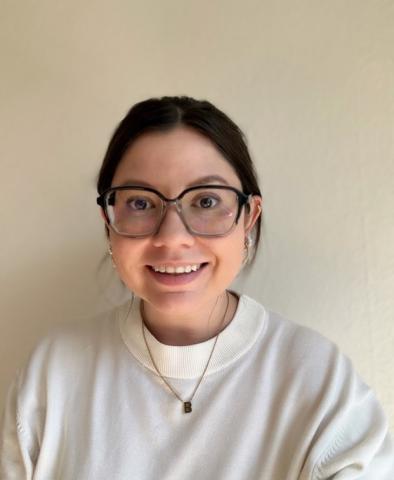Navigating the global landscape: leadership learning solutions for sustainable futures
The world needs leaders who can prioritize collaboration, resilience, and ethical decisions; but, more than anything, we need them to be capable of transformative approaches to achieving the 2030 Agenda for Sustainable Development.
UN senior leaders encounter different challenges across various regions, which intricately reshape their needs in pursuing health-related Sustainable Development Goals. The complexity of such environments is particularly evident in the World Health Organization’s Eastern Mediterranean Region (WHO-EMR), which grapples with conflict-induced disruption and public health emergencies such as cholera and Middle East Respiratory Syndrome (MERS). As most of their work involves orchestrating cross-border public health initiatives amid political tensions, WHO senior leaders deployed to this region must be masters of collaborative and conclusive leadership – crucial skills in advocating for sustainable solutions.
Nevertheless, when it comes to conflict-affected regions, collaboration and rationality aren’t enough. Their leadership approach needs to transcend geographical boundaries: it requires fluency in global policies, economic shifts, and environmental issues while remaining aware of historical context. The Eastern Mediterranean Region comprises twenty-one Member States and the occupied Palestinian territory, including East Jerusalem, with a population of nearly 679 million people. Sustainable actions taken in Iraq may not necessarily be adaptable to the needs of Saudi Arabia, and what may work in Saudi Arabia most likely won’t be applicable to Jordan or Somalia. That’s where visionary and transformative leadership comes into place: regions like the WHO-EMR call for diplomatic finesse and require a leadership style that springs from a shared vision and can bring about collective action for the greater good. This holistic perspective, rooted in historical challenges yet able to positively reshape our current actions, should be a compass for leaders navigating turbulent waters.
Continuous learning, therefore, remains paramount for today's leaders to foster proactive decision-making in our challenging world. The United Nations System Staff College (UNSSC), with twenty years of expertise in capacity development, learning, and training, creates tailor-made learning solutions that prepare and equip leaders with the skills and tools to address these challenges. UNSSC’s Knowledge Centre for Sustainable Development, which was opened in 2016, helps accelerate the implementation of the 2030 Agenda through learning, training, and knowledge management.
The Staff College collaborated with the WHO Eastern Mediterranean Regional Office (WHO-EMRO) on a tailor-made learning solution called “Global Health Diplomacy and Geostrategic Health Leadership Acumen” for 26 WHO senior leaders. This partnership aims to equip participants with the transformative skills necessary to navigate global health and sustainable development complexities. It leverages the knowledge, expertise, and competencies each participant developed throughout their careers and expands to tackle the most current challenges in the sector.
In forging a path towards a more sustainable and prosperous future, our participants embraced a multifaceted approach integrating governance, geopolitics, diplomacy, and sustainable development. By championing visionary leadership, fostering collaboration, and upholding ethical principles, today’s leaders can create a world where sustainable outcomes are attainable despite the daunting environment, even in the most challenging regions. The online modules from the course are currently being migrated to WHO’s learning portal to ensure broader access for all colleagues. Both institutions are now in discussions on continuing the collaboration around more tailor-made solutions.
Testimonial
The course provided me with informative guidance on how best to engage with government, civil society, the UN, and other multilateral and bilateral partners while taking into account specific sensitivities, especially those related to the unfolding and unprecedented regional crisis. I also gained an understanding of the critical role of visible short-term results in helping establish trust and build credibility within my team, and within other levels of the organization and key stakeholders. In addition, participating in the course and the related coaching sessions helped me in consolidating my commitment to make a difference as a WHO Representative in Iraq during a time of complex and multiple transitions from humanitarian and emergency to development within the country. I have used these insights to alter the mindset of WHO in Iraq, repositioning the office as a strategic partner within the UN and with the Government, helping to establish a robust presence and a pipeline of change and resource solutions. I am confident that these transformations will lead to durable impacts for the work of WHO. I see leaders emerging within the team and this is for me a major indicator of progress.
Dr. Georges Alfred Ki-Zerbo
WHO Representative and Head of Mission in Iraq
